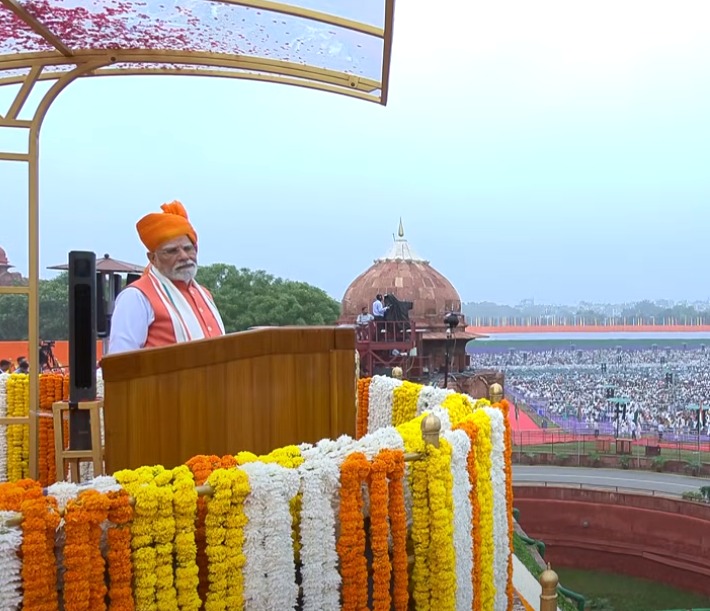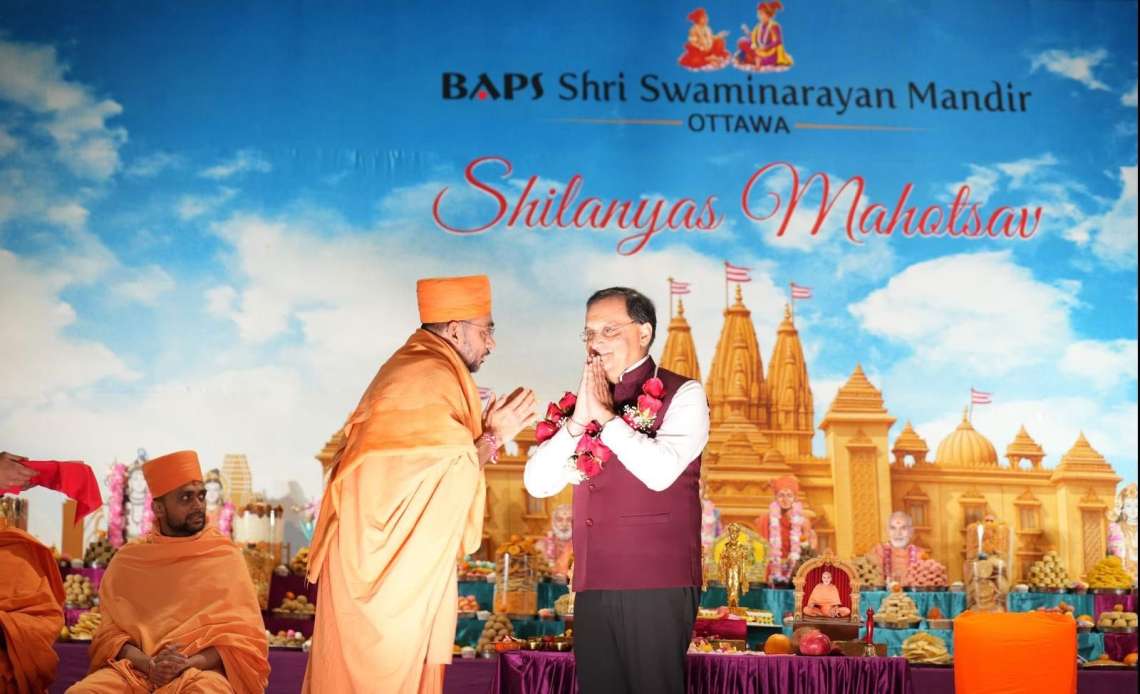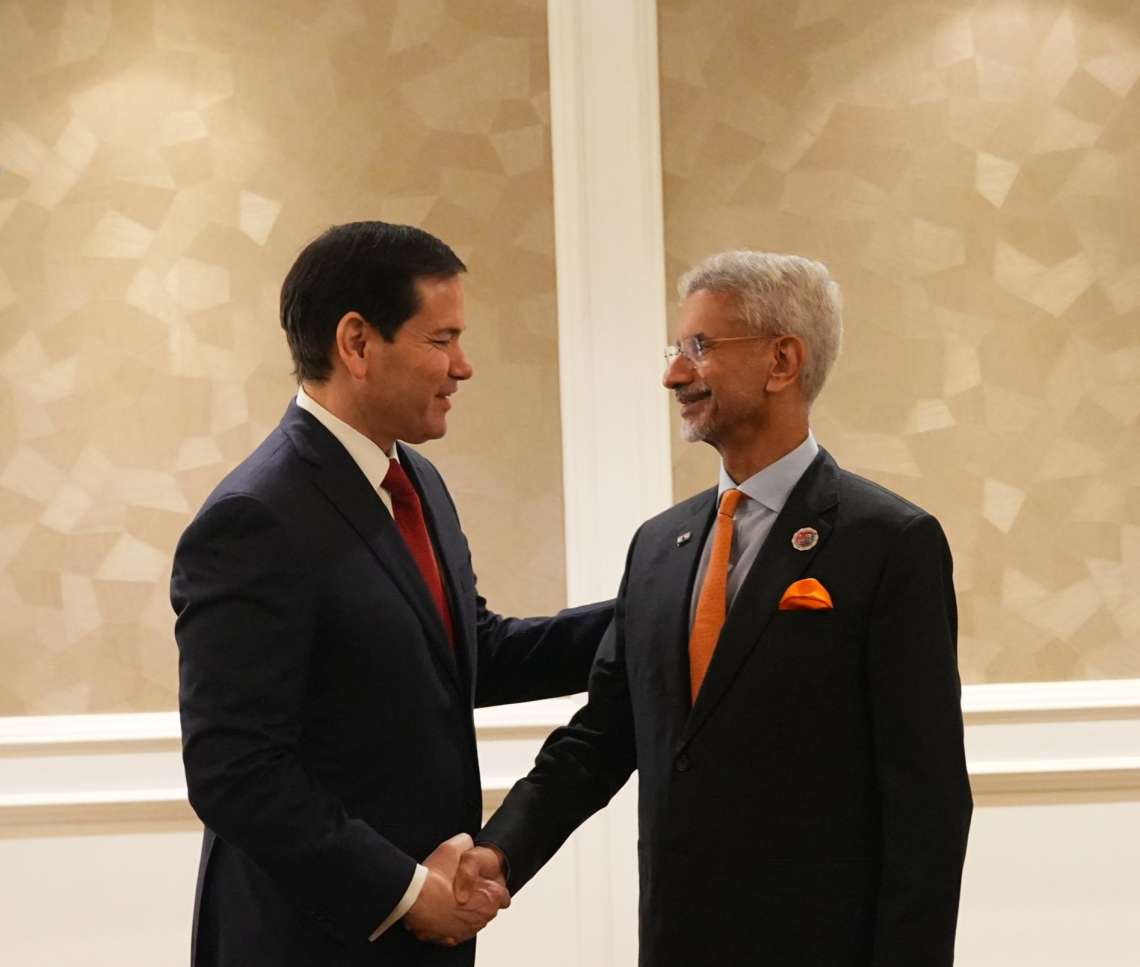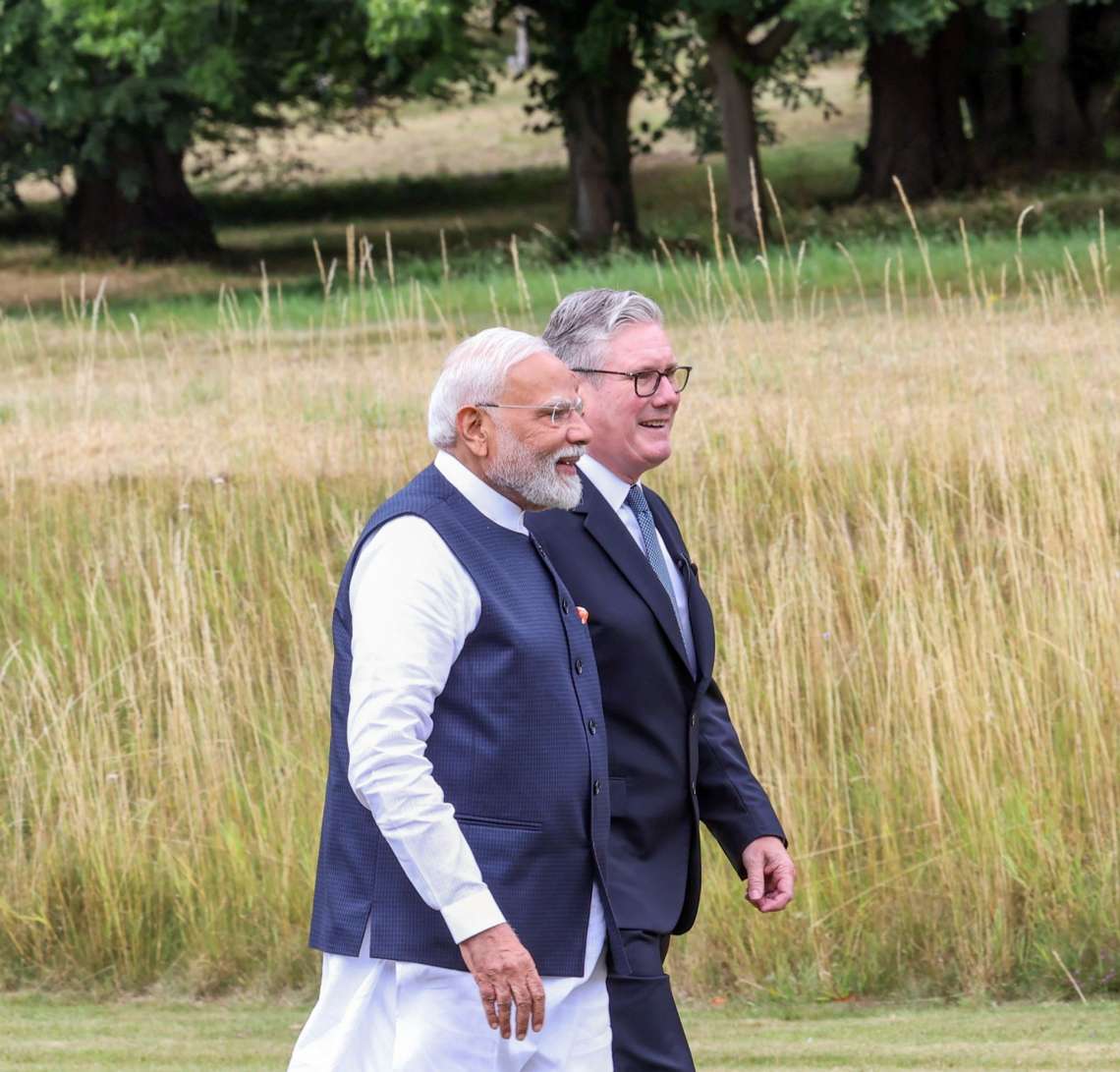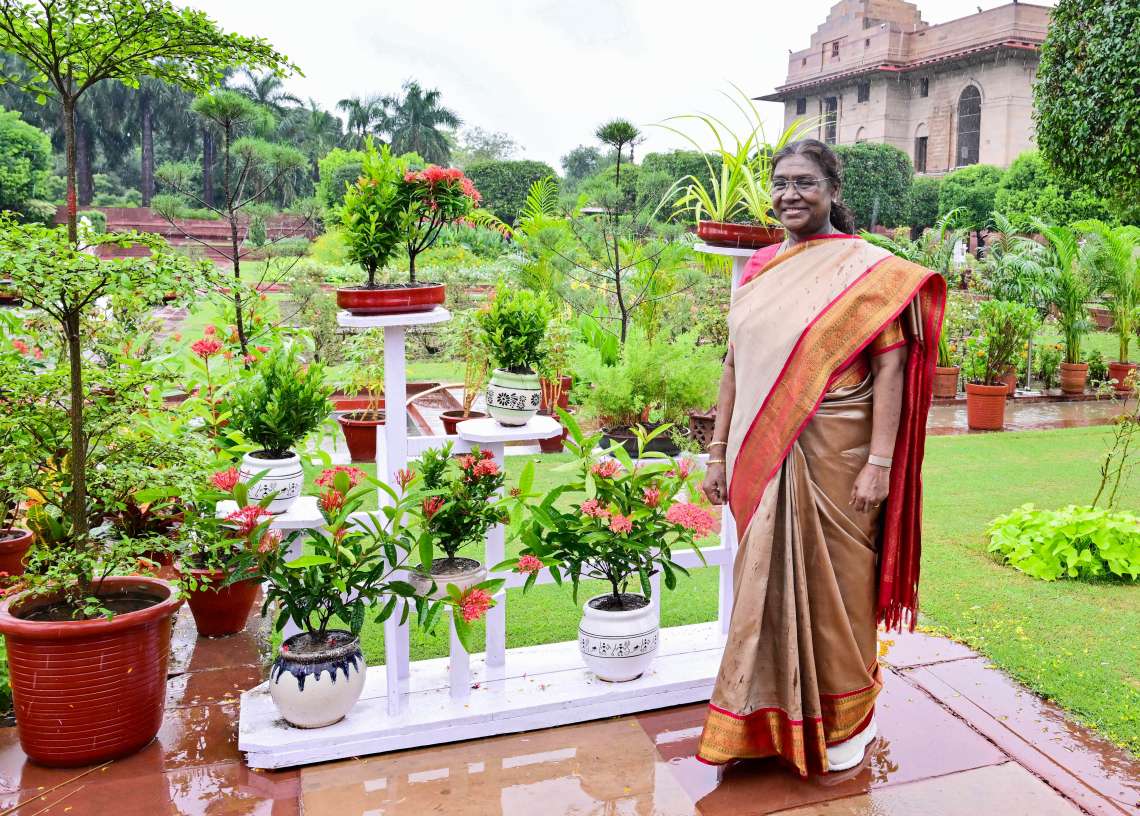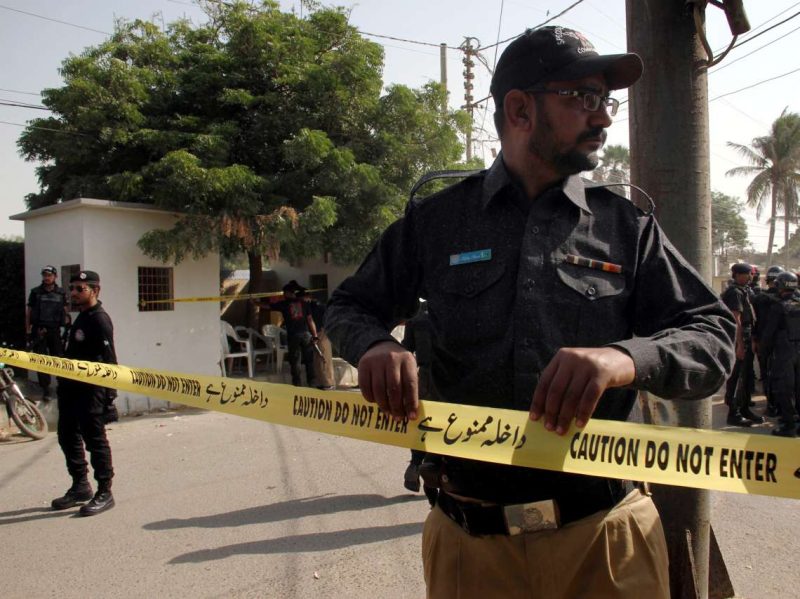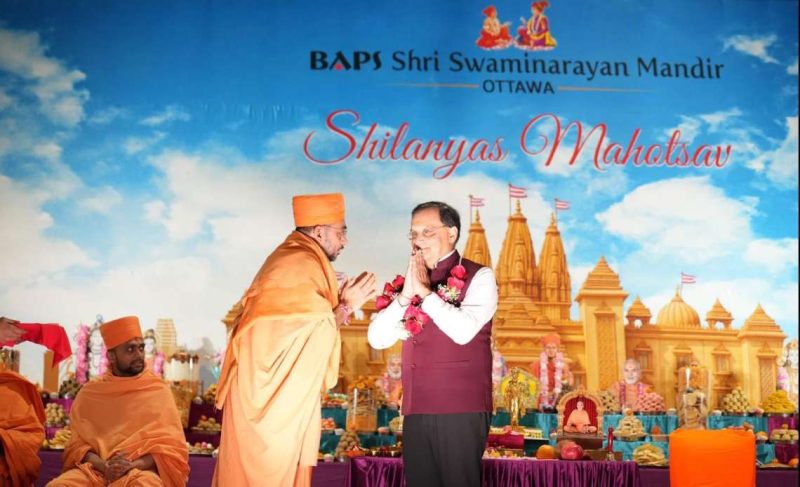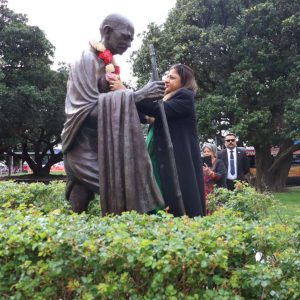PM says that India achieved its 2030 target of achieving 50 per cent energy capacity from clean resources, five years ahead of schedule…reports Asian Lite News
Prime Minister Narendra Modi on Friday said India has been working in a mission mode to achieve self-reliance across many areas within the energy sector, including launch of a new National Deepwater Mission for oil and gas exploration and production, scouting for critical minerals in new areas, and opening up the nuclear energy sector for private players.
“The world has also become very alert on critical minerals and people have understood its importance in areas like defence and economic growth. So, we have launched a National Critical Minerals Mission under which we are exploring for minerals across many areas,” he said, while alluding to the ongoing rare earth magnets crunch.
He said the country was now dependent on many other nations for costly oil and gas imports and that money could have been used for fighting poverty and strengthening the farmers.
“Apart from semiconductors, the energy sector is the second very good example of areas where India is taking big steps to achieve self-reliance,” Modi said in his Independence Day address to the nation from the Red Fort in Delhi.
Modi also announced that India has already achieved its 2030 target of achieving 50 per cent energy capacity from clean resources, five years ahead of schedule. “In the past 11 years, solar power capacity has grown 30 times. Significant investment is being done under the National Green Hydrogen Mission too,” he said.
The PM said India is taking crucial steps to boost nuclear energy too, including setting up ten new reactors, with the target of growing nuclear power generation capacity ten times by 2047.
“We are taking many steps for reform in the crucial area of nuclear energy. Doors have been opened for the private sector for entry in the nuclear power sector,” he said. Modi said the country is working in the direction of energy self-reliance via samudra manthan as it scouts for oil and gas reserves in mission mode.
The Prime Minister also called for the youth to make the best use of incentives provided under the National Biofuel Policy to set up clean energy projects. He also said the country will not allow misuse of the Indus Water Treaty (IWT) by Pakistan to deprive Indian farmers of water for irrigation.
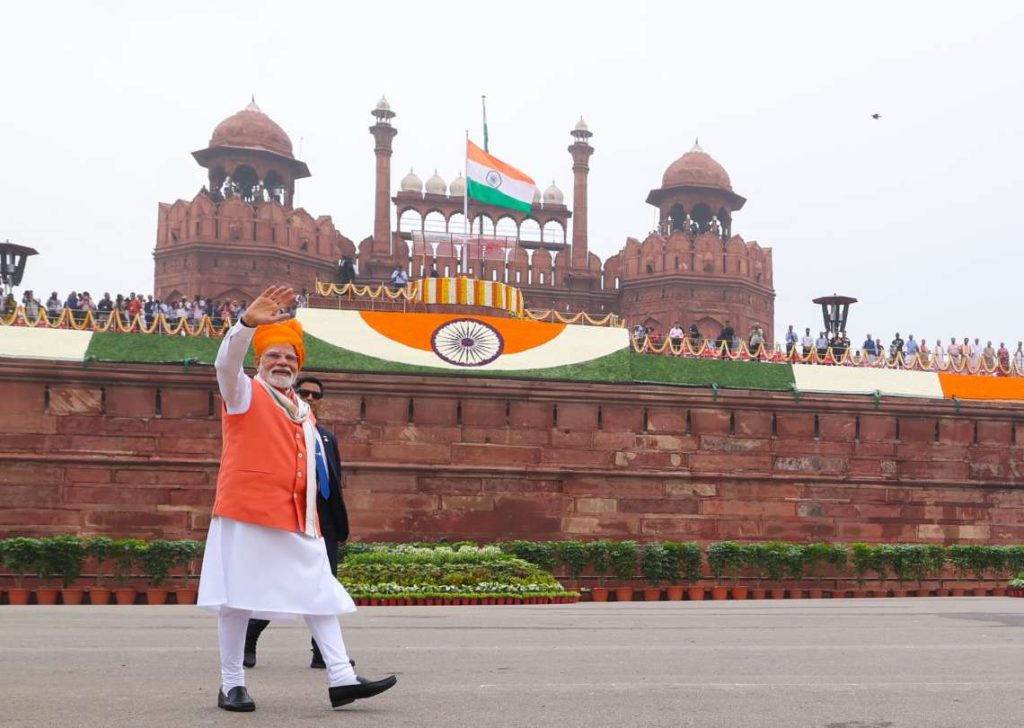
During his address, the Prime Minister hailed the abrogation of Article 370, saying how the mantra of ‘One Nation, One Constitution” was accepted.
“When we brought the mantra of one country, one constitution to life by demolishing the wall of Article 370, when we accepted one nation, one Constitution as the mantra, then we revered Shyama Prasad Mookherjee. There are members of Panchayats from far-flung villages, representatives of Drone Didi, representatives of Lakhpati Didi, people from the world of sports, great people who have given something or the other to the nation and life are present here. In a way, I am seeing a miniature India here in front of my eyes. And today, the Red Fort is also connected with India through technology.” PM Modi said.
PM Modi also mentioned that the 125th jayanti of Shyama Prasad Mookherjee, former union minister, and founder of Bharatiya Jana Sangh, the predecessor of the Bharatiya Janata Party (BJP). This celebration honours his ‘lasting impact on India’s political, educational, and cultural fabric.’
“Today we are celebrating the 125th jayanti of Dr Syama Prasad Mookherjee, Dr Syama Prasad Mookherjee is the first person to give his life for India’s Constitution. Sacrifice for the Constitution,” he added.
Praising how every Indian is carrying the tricolor with them today, PM Modi mentioned, “Over 140 crore Indians are carrying the colours of tricolor. Har Ghar Tirangana in every corner of country whether it is the deserts, Himalayan peaks, the edges of the sea, or densely populated cities. Everywhere there is one song, one slogan, the praises of our motherland are heard.”
The success of Operation Sindoor will be celebrated during the I-Day celebrations this year. The view cutter at Gyanpath will have the Operation Sindoor logo, accompanied by floral arrangements themed around the operation.
Approximately 5,000 special guests, from different walks of life, have been invited to witness the celebrations at the Red Fort this year, including the Indian contingent of Special Olympics 2025, the winners of international sports events, the Gold Medalists of Khelo India Para Games, and the best-performing farmers trained & financially assisted under the National Beekeeping and Honey Mission.
To promote patriotic fervour among citizens and to celebrate the victory of Operation Sindoor, a number of band performances will be conducted pan-India for the first time on the evening of Independence Day celebrations. The performances will be conducted by the bands of the Army, Navy, Air Force, Indian Coast Guard, NCC, CRPF, ITBP, CISF, SSB, BSF, IDS, RPF and Assam Rifles at over 140 prominent locations throughout the country.
In August 2019, the Central government, led by Prime Minister Narendra Modi, repealed Article 370 of the Indian Constitution, effectively ending the special status given to Jammu and Kashmir and bifurcating the state into two Union Territories – Jammu and Kashmir and Ladakh.
Modi stated that the revisions in the GST would be rolled out around Diwali, describing them as a “double Diwali gift” for the people.
PM Modi said, “This Diwali, I am going to give you a ‘double Diwali’ gift. A major announcement is coming for the people of the country. Over the past eight years, we implemented a major GST reform that significantly reduced the tax burden across the nation. Now, after eight years, the time has come to review it. We have formed a high-powered committee to begin this review process and have held consultations with the states as well. We are now bringing in next-generation GST reforms. This will become a Diwali gift for the nation.”
“Tax rates on essential goods and daily needs will be reduced under a simplified framework. This will bring significant relief and convenience. Our MSMEs and small industries will also benefit greatly from these changes,” he added.
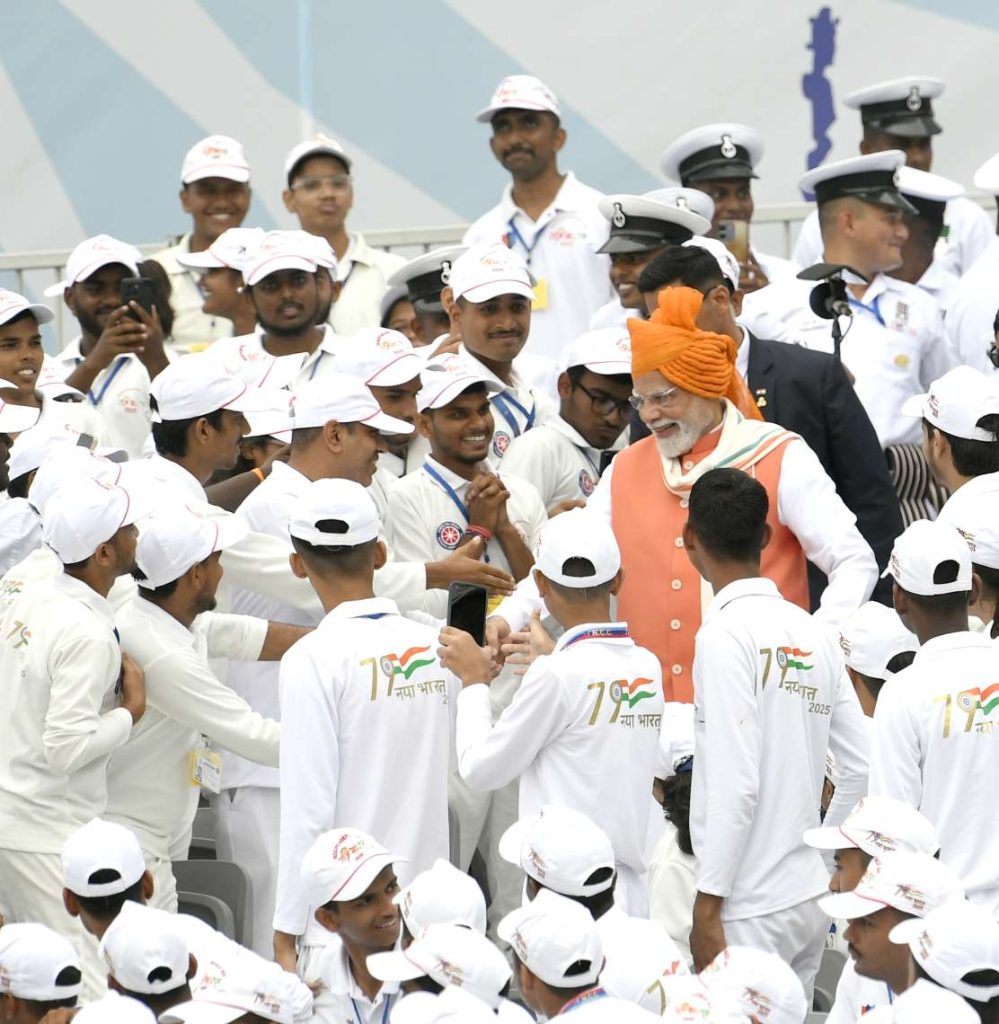
PM Modi stated that these reforms would directly impact essential goods and daily needs, aiming to ease the tax burden on common citizens.
The move comes at a time when the government is looking to bolster consumption and improve ease of doing business, especially for micro, small and medium enterprises (MSMEs), which have been seeking relief in compliance and tax-related issues.
The implementation of GST replaced a maze of indirect taxes with a single, unified system. It made tax compliance easier, reduced costs for businesses, and allowed goods to move freely across states. By improving transparency and efficiency, GST helped lay the foundation for a stronger, more integrated economy.
On 1 July 2025, the Goods and Services Tax (GST) completed eight years since its rollout on July 1, 2017.
GST rates in India are determined by the GST Council, which includes representatives from the Union and State or Union Territory governments. The current GST structure consists of four main rate slabs: 5 per cent, 12 per cent, 18 per cent and 28 per cent. These rates apply to most goods and services across the country.
In addition to the main slabs, there are three special rates: 3 per cent on gold, silver, diamond and jewellery, 1.5 per cent on cut and polished diamonds and 0.25 per cent on rough diamonds. A GST Compensation Cess is also levied on select goods such as tobacco products, aerated drinks and motor vehicles at varying rates. This cess is used to compensate states for any revenue loss resulting from the transition to the GST system.
A recent report by Deloitte titled GST@8 described the past year as a blockbuster for GST. It credited the government’s timely reforms, clear guidance to taxpayers, and steady upgrades on the GST portal as key reasons behind this success. These measures not only improved ease of doing business but also strengthened the tax base.
In 2024-25, gross GST collections hit a record Rs 22.08 lakh crore, marking a year-on-year growth of 9.4 per cent. This rise reflects the growing formalisation of the economy and improved tax compliance.


